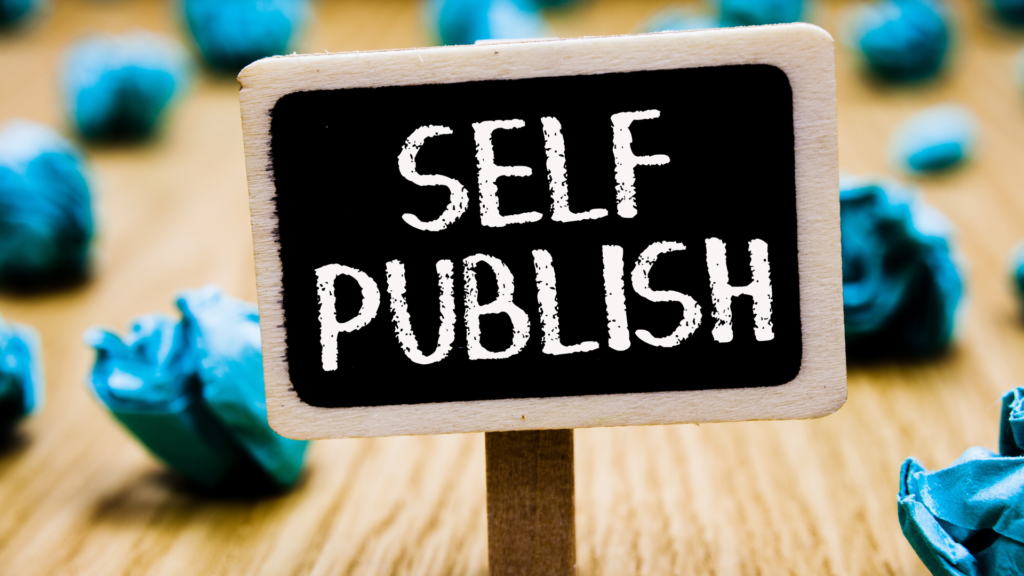Traditional publishers are coming up against a major problem: a huge gap between the amount of money they are making and their spending on marketing. When it comes to mastering the art of writing, most writers have no idea how to go about it. They think that writing is about solving a problem, but this is not the case. It’s about thinking— thinking about your readers. Think about what you want to say. This requires a point of view. That is where your voice will come from.
This article will explore the pros and cons of traditional publishing and explain why traditional authors can be helped by working with a book publishing company.
Pros
- You will have a literary agent support
While it’s easy to think of the book publishing industry as a monolithic entity, it’s far more complex and varied than that. There are many different options for getting your book published, from independent authors to small presses to major publishers. And in many ways, that’s what makes it fun as a writer. Many authors are thinking of publishing their works with traditional publishers and it’s a good idea to do so. But the way traditional publishers work is different from the way self-publishing authors do things. We will discuss this and give you some tips and advice.
- You can have a publishing team
There are many things to consider when choosing a publisher for your book. However, there are a few things that matter more than bringing a manuscript to life. Anyone who has picked up a book can attest that writing a book is tough. The process is constantly evolving, from the brainstorming and drafting process to the final edits and publishing. For the author, the good news is that most publishing companies these days allocate the proper number of staff to complete the book well in advance. This can give the author a sense of security that their book is well-handled from start to finish.
- You may get cash advances
With many aspiring authors turning to self-publishing to bring their work to publication, there are a lot of misconceptions about how the process works. The reality is that those who sign with prestigious publishers will likely get paid in installments over the course of a year, not all at once.
Some authors choose to take this as a sign that they should quit writing and go find a good job, while others believe that it is absolutely necessary to live comfortably while writing a book.
Cons
- You may get lower royalty rates
Over the past decade, the self-publishing market has grown quite a bit. So much so that now there are countless official and self-published authors competing for the same readers. With that in mind, how do traditionally-published authors fare when compared to their self-published counterparts? The answer is, unfortunately, not as well. If you are an author who wants to publish your book, there are two ways to do it—traditional and self-pub. Self-publishing is the easier of the two, but you may be surprised how little money it actually makes.
- You may get loss of creative control
Many writers today are afraid to put their work out there. They’re scared to send their manuscript to publishers, or they’re too timid to release their work through traditional publishing routes. Instead, they choose to self-publish their work, which many do not understand. When they hit their target audience, they will be bombarded with a flood of marketing messages, replete with sales pitches, that can often make it difficult to sell their work.
All too often, the publishing industry, traditionally a realm of books with a traditional cover, paper cover, and even a traditional cover, is becoming a monolithic corporation with a single label on both the cover and the back cover, and a single model of how books are sold to the consumer. There is no longer any room for individuality, and a writer is lucky to have any say in their book’s title, back cover blurb, or even where it will be stocked in bookstores.

